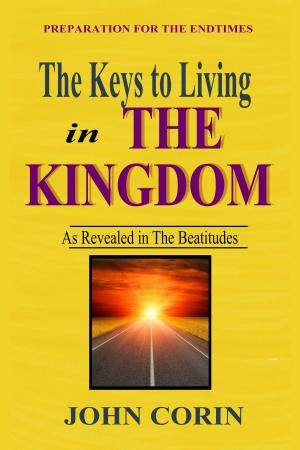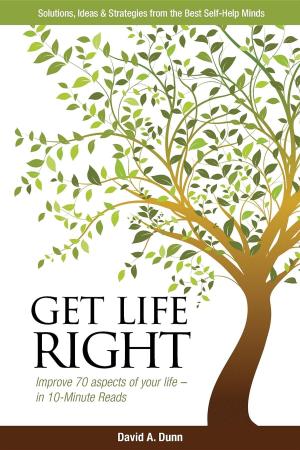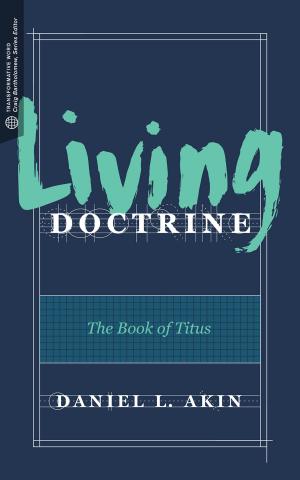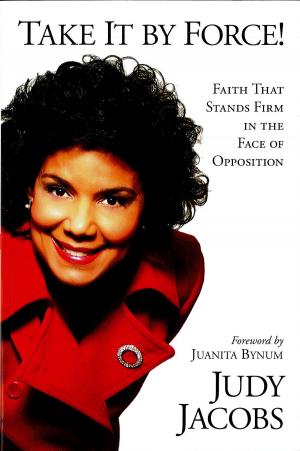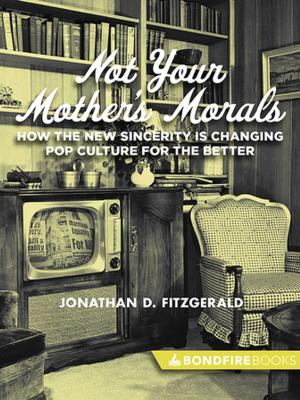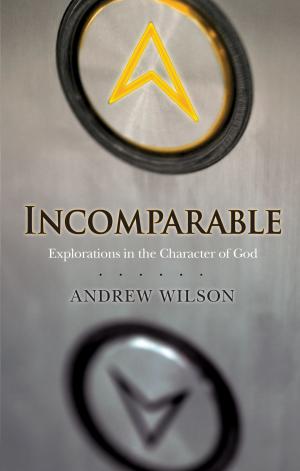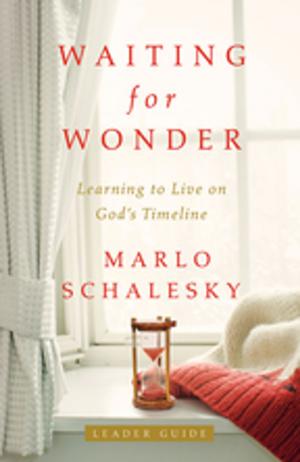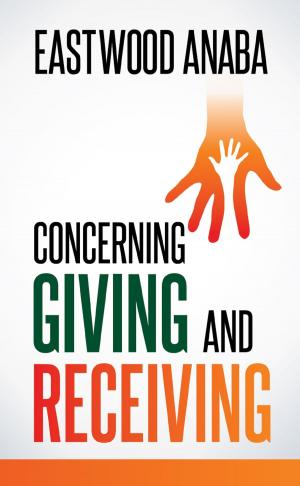Do You Want to be Free? Faith, Freedom, and Governance
Nonfiction, Religion & Spirituality, Theology, Christianity, Christian Life| Author: | Dan Wolf | ISBN: | 9781938135279 |
| Publisher: | Dan Wolf | Publication: | May 29, 2013 |
| Imprint: | Smashwords Edition | Language: | English |
| Author: | Dan Wolf |
| ISBN: | 9781938135279 |
| Publisher: | Dan Wolf |
| Publication: | May 29, 2013 |
| Imprint: | Smashwords Edition |
| Language: | English |
We are always only one generation away from losing both our faith and our freedom. This is because both must be learned and passed on to the next generation. In addition, freedom cannot exist in the absence of the moral foundation provided by faith.
In surveys, people generally prefer a ‘western style democracy’ to other forms of governance. We’ve seen evidence of this notion recently within the Middle East uprisings from Tunisia to Iran. We want the opportunity for our children to have a better life than we have had. We want them to receive a quality education and satisfactory healthcare. We want the freedom to make decisions about our work, whether we spend what we earn or save it, when we use it, and what we spend it on. In short we want to be able to make the decisions about those things which impact our lives, the lives of our families, and those of our communities. We believe we can make the best decisions concerning ourselves and our families. However, when looking at various measures, such as the Heritage Foundation’s Index of Economic Freedom, much of the world is not free.
This work begins by looking at the development of religion and governance in early civilization, then at the role of governance within those societies using ideas expressed by Plato and Aristotle. Those ideas represent a view based upon the relationship between religion and state rule, but there is also a second view focused on the individual within Plato’s thoughts. The scholastic education received by our Founding Fathers is then used to develop some basic questions related to the relationship between faith, freedom, and governance. The works of Clement of Alexandria, Augustine, and Thomas Aquinas are used to answer these questions in relation to both individuals and communities. These complete a second view of governance founded upon the individual. The development of both approaches is examined leading up to the American War for Independence and the French Revolution. Finally, passages from the Qur’an and Bible are compared in relation to the questions posed earlier. From this material, four generic approaches to governance are developed and compared citing some observations by Frederick Hayek on the differences between individualism and collectivism.
Today few Americans seem to understand freedom. There are many reasons for this, but at its heart are the attempts to: (1) change the source of freedom from our Creator to man, and (2) the separation of faith from our public life. The idea of separation of church and state has at the very least been greatly distorted from the views of our Founders, and is now used as a tool to work against some of the very ideas they fought for and believed were necessary for a civilization to be successful. Faith not only plays a critical role in freedom’s development and growth; it is vital if freedom is even to exist.
History repeats itself when man forgets its lessons. The warnings of those such as Sallust, Cicero, and Scipio go unheeded. When a people lose their moral compass–they fall. History is filled with examples: from the ancient world–Egypt, Greece, and Rome; through the Middle Ages and the Renaissance–the Islamic Caliphate, Spain, and the Napoleonic Empire; to the modern states–the Ottoman Empire, Nazi Germany, the Soviet Union and Eastern Europe. Today Europe is on the brink of collapse, the Middle East does not understand what it says it is looking for, and the United States is following Europe’s failed example.
We risk losing the very things that have brought us so far. But it is never too late. There is always hope. However, unless one understands where freedom comes from, and what is necessary to keep it, we run the risk of once again repeating history. Few times in our world has this been as important as it is today. There is a need for an education of conscious in regards to our freedom, faith, and governance. This book provides a start for that education.
We are always only one generation away from losing both our faith and our freedom. This is because both must be learned and passed on to the next generation. In addition, freedom cannot exist in the absence of the moral foundation provided by faith.
In surveys, people generally prefer a ‘western style democracy’ to other forms of governance. We’ve seen evidence of this notion recently within the Middle East uprisings from Tunisia to Iran. We want the opportunity for our children to have a better life than we have had. We want them to receive a quality education and satisfactory healthcare. We want the freedom to make decisions about our work, whether we spend what we earn or save it, when we use it, and what we spend it on. In short we want to be able to make the decisions about those things which impact our lives, the lives of our families, and those of our communities. We believe we can make the best decisions concerning ourselves and our families. However, when looking at various measures, such as the Heritage Foundation’s Index of Economic Freedom, much of the world is not free.
This work begins by looking at the development of religion and governance in early civilization, then at the role of governance within those societies using ideas expressed by Plato and Aristotle. Those ideas represent a view based upon the relationship between religion and state rule, but there is also a second view focused on the individual within Plato’s thoughts. The scholastic education received by our Founding Fathers is then used to develop some basic questions related to the relationship between faith, freedom, and governance. The works of Clement of Alexandria, Augustine, and Thomas Aquinas are used to answer these questions in relation to both individuals and communities. These complete a second view of governance founded upon the individual. The development of both approaches is examined leading up to the American War for Independence and the French Revolution. Finally, passages from the Qur’an and Bible are compared in relation to the questions posed earlier. From this material, four generic approaches to governance are developed and compared citing some observations by Frederick Hayek on the differences between individualism and collectivism.
Today few Americans seem to understand freedom. There are many reasons for this, but at its heart are the attempts to: (1) change the source of freedom from our Creator to man, and (2) the separation of faith from our public life. The idea of separation of church and state has at the very least been greatly distorted from the views of our Founders, and is now used as a tool to work against some of the very ideas they fought for and believed were necessary for a civilization to be successful. Faith not only plays a critical role in freedom’s development and growth; it is vital if freedom is even to exist.
History repeats itself when man forgets its lessons. The warnings of those such as Sallust, Cicero, and Scipio go unheeded. When a people lose their moral compass–they fall. History is filled with examples: from the ancient world–Egypt, Greece, and Rome; through the Middle Ages and the Renaissance–the Islamic Caliphate, Spain, and the Napoleonic Empire; to the modern states–the Ottoman Empire, Nazi Germany, the Soviet Union and Eastern Europe. Today Europe is on the brink of collapse, the Middle East does not understand what it says it is looking for, and the United States is following Europe’s failed example.
We risk losing the very things that have brought us so far. But it is never too late. There is always hope. However, unless one understands where freedom comes from, and what is necessary to keep it, we run the risk of once again repeating history. Few times in our world has this been as important as it is today. There is a need for an education of conscious in regards to our freedom, faith, and governance. This book provides a start for that education.




